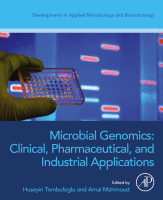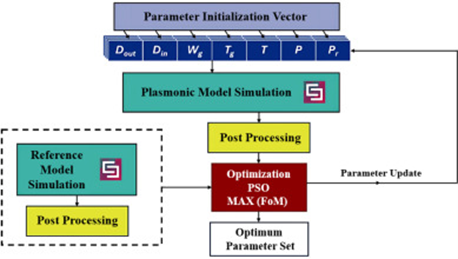

Introduction to genomics-based pharmaceutical applications
Biomedical research and pharmaceutical development have been profoundly impacted by genomics in recent years, with researchers gaining new understanding of the genetic pathways underlying disease and opening up new opportunities for the creation of targeted therapeutic interventions. Without a comprehensive grasp of the genetic mechanisms at play, medication discovery approaches in the past often relied on trial and error, targeting particular symptoms or pathways. However, the advent of genomics has changed the game. Scientific advances in high-throughput DNA sequencing have allowed researchers to examine an individual's genetic composition and pinpoint specific genetic variants linked to illness susceptibility, progression, and treatment response. The availability of so much genetic data has facilitated the growth of personalized medicine, which now caters to patients based on their unique genetic makeup. Genomic research has also affected the emerging field of pharmacogenomics, which studies how an individual's genetic makeup affects their response to drugs. By pinpointing genetic markers that predict therapeutic efficacy and side effects, pharmacogenomics aims to enhance treatment outcomes, lessen the occurrence of adverse events, and cut down on prescribing mistakes. In this chapter, we'll take a look at how genomics is being used in many areas of the pharmaceutical industry. Genomic research has helped us get a deeper molecular understanding of disease and shed light on the intricate interplay between heredity, environment, and medication response. The potential for drug repurposing, the process of finding new therapeutic uses for existing pharmaceuticals, to speed up the discovery of therapeutics for diseases without targeted therapy is highlighted, along with the impact of genetics on this process. Privacy, data security, and fair access to genomic information and therapeutics are also explored as potential ethical implications of pharmacological applications based on genomics. These issues must be resolved if genomes are to be integrated into pharmaceutical operations in a reasonable and fair way. Finally, the importance of computational approaches in harnessing the potential of genomics for pharmaceutical breakthroughs is highlighted, with a focus on the role of bioinformatics in providing sequencing technologies and pipelines that aid in variant calling and annotation. The revolutionary potential of genomics in healthcare is discussed, along with its impact on the pharmaceutical sector and the improvement of patient outcomes. © 2024 Elsevier Inc. All rights are reserved including those for text and data mining AI training and similar technologies.



